
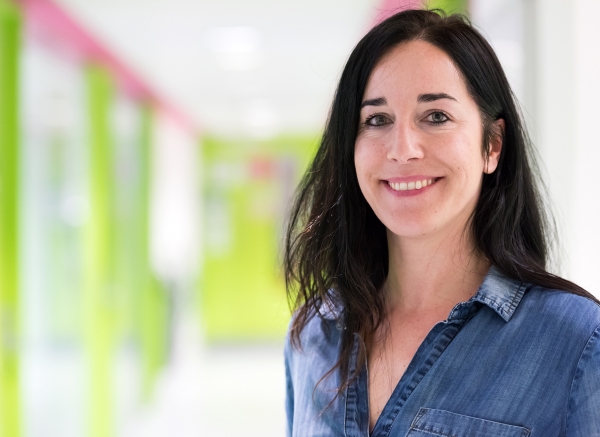
Her research focuses on the quantitative anlysis and optimisation of ion and electron dynamics in complex oxides, bulk surfaces and interfaces. She uses a combination of structural, chemical and electrochemical analysis including surface-sensitive techniques and operando characterisation to develop the next generation of solid-state energy storage and conversion devices.
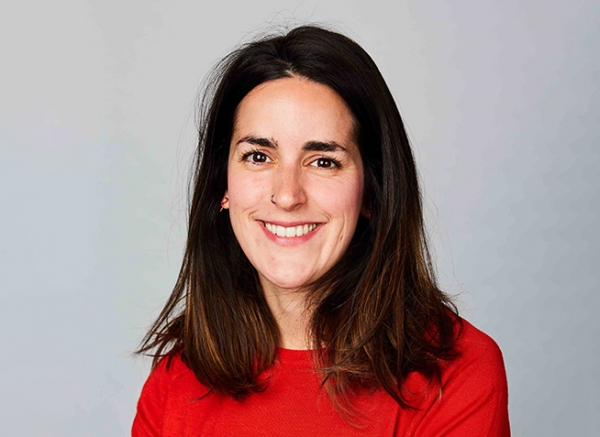
Prof. Maitane Berecibar obtained her PhD in Engineering of Sciences at the VUB in August 2017 titled “Development of an Accurate State of Health Estimation Technique for Lithium-Ion Batteries”. Her PhD was a collaboration between the Technology Research Centre Ikerlan (ES), and the Vrije Universiteit Brussel (VUB, BE). During her studies, she was a visiting researcher in different international universities, like the New Jersey Institute of Technology (US), and the Brno University of Technology (CZ). Since 2019, prof Berecibar is the Head of the Battery Innovation Center at VUB. She is now in charge of R&D innovation and strategy in the field of batteries. As head of this group she focuses on developing new consortia, management of promising innovative projects and supervising the quality of the R&D of her group. She is part of the Battery2030+ initiative, Batteries Europe by charing the Safety Task Force and she is an official member of the IEC standardisation body, concretely in TC-69 and TC-21.
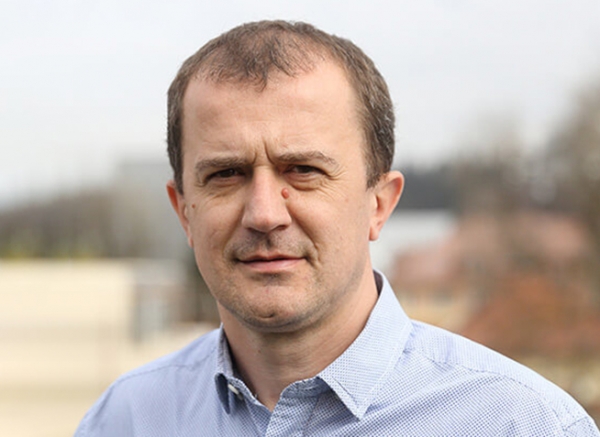
His research interests are in the field of materials science and electrochemistry, more precisely in electrochemical systems for energy conversion and storage, with main activities in the field of modern battery systems. He was a coordinator of two European projects developing Li-S batteries, and he has tide connections with different industry. He received several awarded, e.g. the Honda initiation grant (2013) and is a member of Slovenian Academy of Engineering. He is a deputy director of Alistore ERI (http://alistore.eu/) and core member of Battery 2030+ initiative (https://battery2030.eu/).
Robert Dominko has published more than 150 peer-reviewed papers (H-index 50 SCOPUS 06/2020).
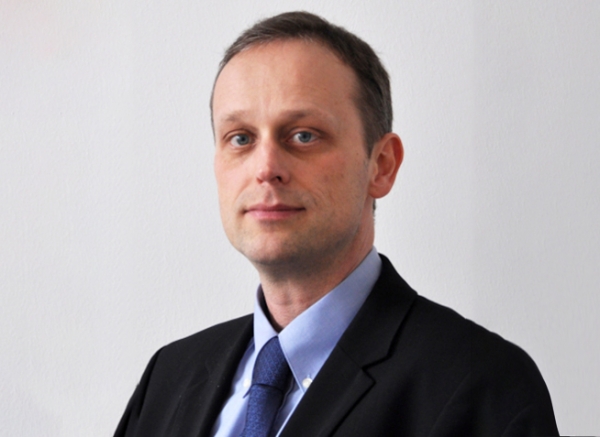
Prof Egbert FIGGEMEIER studied chemistry and did his PhD at the University of Paderborn. After that started his academic research at the Universities of Dublin, Basel and Uppsala. In 2007 he joined Bayer Technology Services and from 2012 on, he worked as application development engineer for battery materials at 3M Deutschland, being responsible for technical support of customers. Since 2016 he is group leader at the Helmholtz Institute Münster (section Aachen) and he is Professor for "Ageing and Lifetime Prediction of Batteries” at the RWTH Aachen University.
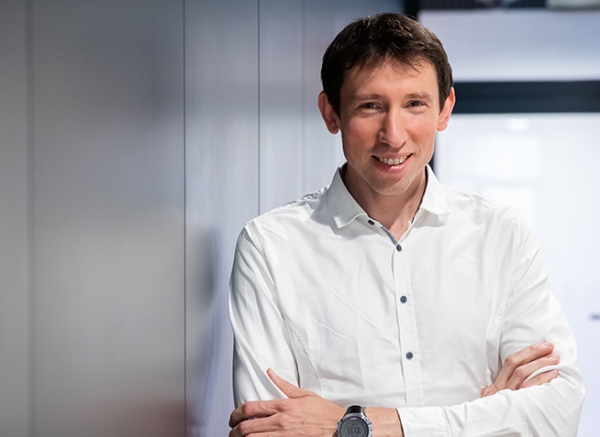
Stefan Freunberger obtained his PhD in Chemistry from ETH Zürich and was post doc at the University of St Andrews, working on many aspects of Li-O2 chemistry. He has been PI at TU Graz and is since 2020 Assistant Professor at IST Austria, with research interests embracing energy-storage materials, including alkaline-ion and metal-O2 and metal-S batteries, electrolytes, and in situ techniques. His research has been recognized by the Srinivasan Young Investigator Award of The Electrochemical Society, the invited visiting professorship La Chaire Total de la Fondation Balard, elected membership of the Austrian Academy of Sciences, the Tajima Prize 2018 of the International Society of Electrochemistry and an ERC Starting Grant.
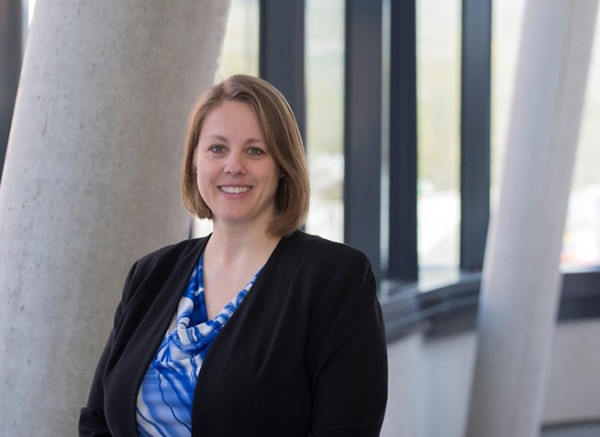
Since earning her PhD at the University of Oklahoma in 2009, Dr. Giffin has worked in the field of electrochemical energy conversion and storage at the University of Padova, MEET Battery Center at University of Münster and the Helmholtz Institute Ulm. Currently she is the group leader for Li-ion technology at the Fraunhofer R&D Center Electromobility Bavaria at Fraunhofer ISC and doing her habilitation at the University of Würzburg. Her group focuses on the development of materials and components for solid-state and Li-ion batteries. She has over 10 years of experience in development and characterization of electrolyte systems for electrochemical conversion and storage applications.
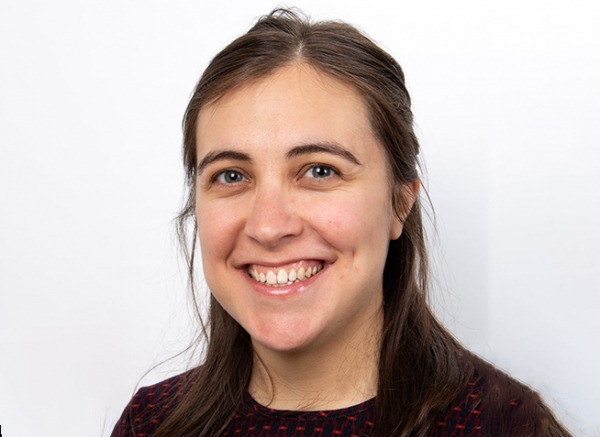
Guiomar Hernández obtained her PhD in Applied Chemistry and Polymeric Materials at the University of the Basque Country in 2017 working on redox-active polymers for energy storage. Afterwards she moved to the Ångström Advanced Battery Centre at Uppsala University in Sweden where she is currently a senior researcher. In 2021 she received the Benzelius Award to Young Researchers from The Royal Society of Sciences at Uppsala for her research merits. Her research interests include silicon-based electrodes, fluorine-free electrolytes and solid polymer electrolytes towards safer and more sustainable batteries.
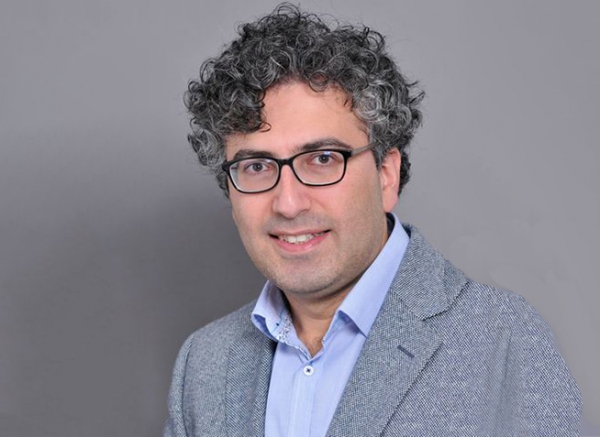
His team focuses on simulation of processing and properties of materials, in particular those which are interesting for energy conversion and storage systems. To achieve this aim, they develop and apply ab initio thermodynamics, kinetics, and dynamics as well as continuum approaches.
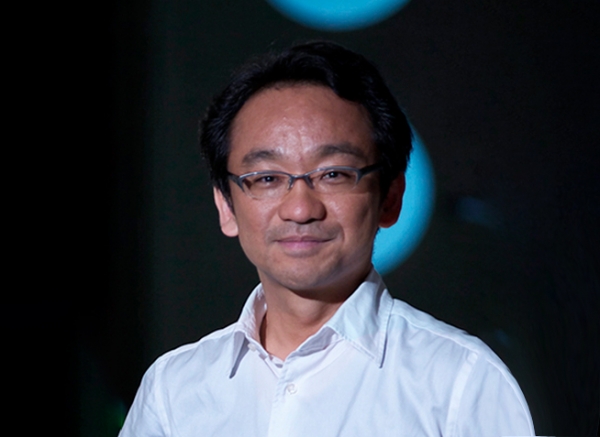
He received his Ph.D. degree from Waseda University, Japan, in 1998 and then was a research associate at Iwate University, Japan, from 1998 to 2005. From 2003 to 2004, he also worked at the Institut de Chimie de la Matier̀e Condenseé de Bordeaux, France, as a postdoctoral researcher. He joined the Tokyo University of Science as a faculty member in 2005. He was awarded the 2014 Resonate Award from Caltech, USA, and JSPS Prize in 2014. He also received a Prize for Science and Technology, The Commendation for Science and Technology by the Minister of Education, Culture, Sports, Science, and Technology, Japan, in 2019. His current research focuses on material science and electrochemistry in rechargeable Li-, Na-, and K-ion batteries, capacitors, sensors, and biofuel cells.
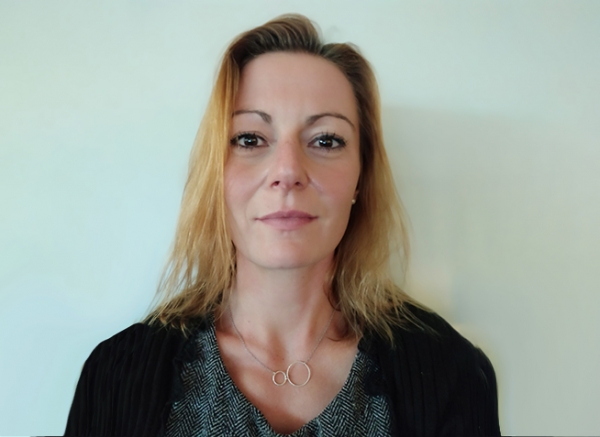
Doctor in materials chemistry, Margaud Lécuyer’s thesis was about lithium/sulphur and lithium/organic batteries. Graduated from an engineering school, her specialization is currently electrochemistry applied to lithium batteries.
After her thesis, in production support, she was able to develop skills in quality and to develop an industrial approach to R&D. At present, her different experiences allow her to be able to deal with problems related to various professions, from logistics to production, from development to marketing, from customer to supplier.
Nowadays, her functions are multiple, ranging from innovation management to technical expertise for key account customers, as well as production, supplier and customer quality support. These different aspects of the job are sources of inspiration and efficiency with the aim of developing for tomorrow an ever more efficient all-solid lithium metal battery.
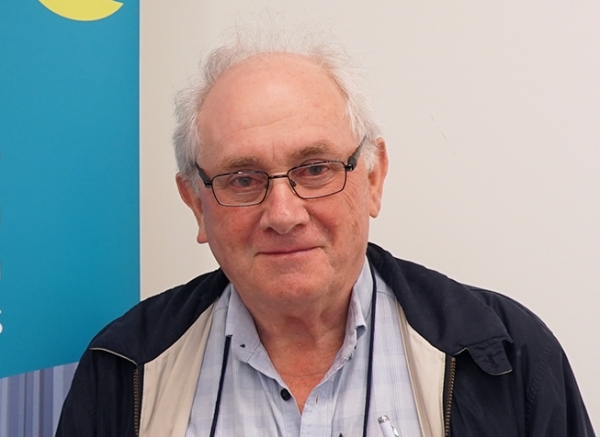
Prof. John Owen obtained his first degree in Chemistry from Imperial College, London, where he also studied for his Ph.D. in Organic Electro-optic Crystals under the late E.A.D. White. He then worked on Solar Energy at the Materials and Energy Research Centre in Iran until in 1979 revolution brought him back to the Wolfson Centre for Solid State Ionics in Imperial College as Wolfson Fellow working on polymer electrolytes. In 1984 he was appointed lecturer in the Department of Chemistry and Applied Chemistry at the University of Salford before joining the School of Chemistry at Southampton in 1990. As founder of the Solid State Electrochemistry Group, he researched into materials for lithium and lithium ion batteries, supercapacitors and electrochromic devices until his recent retirement. Currently he is still engaged part time in some PhD supervision, external examining and consultancy.
John is a Fellow of the Royal Society of Chemistry and a former member of the Editorial Board of the Journal of Power Sources. Over the past 30 years he has given invited/keynote lectures on lithium cell characterization, polymer electrolytes, electrode synthesis, mesoporous materials and high throughput techniques for battery discovery at international meetings in the US, Canada, China, Japan, Singapore, Australia, Argentina, Mexico, Czech Republic, France, Germany, Italy, Poland, Spain, Sweden and the UK.
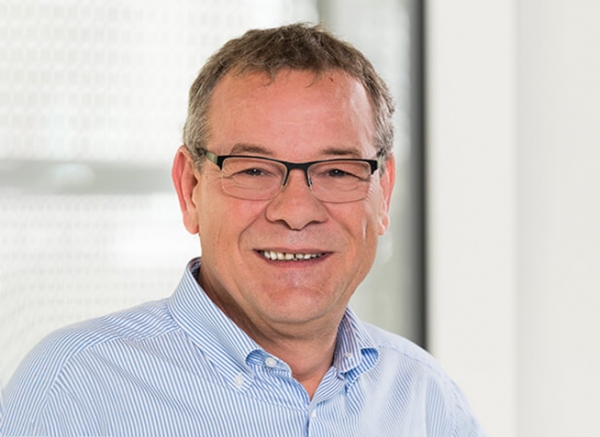
Prof. Passerini is working on the development of materials and systems for electrochemical energy storage for more than 35 years. Co-Founder and co-Director of MEET (Muenster Electrochemical Energy Technology), the battery research centre at the University of Muenster, in 2014 he was appointed a Professor at the Karlsruhe Institute of Technology as a member of the Helmholtz Institute Ulm, Germany. His group, summing up to more than forty Post-Doctoral fellows and PhD students, is involved in research projects funded by German and European funding Institutions as well as German and foreign industries.
His research focusses on the fundamental understanding and development of materials for high-energy batteries and supercapacitors, such as ionic liquids, polymer electrolytes, and electrode materials. His present activities span from Li-ion (conversion-alloying anode materials, high capacity cathodes and green processing) and Na-ion (anode and cathode materials) batteries to Li-Air and Na-Seawater chemistries. Conventional and hybrid supercapacitors are also actively investigated.
Co-author of over 600 peer-reviewed publications (SCOPUS H Index: 103), and several book chapters and patents, he received the Research Award of the Battery Division of the Electrochemical Society, the ISE Fellow and ECS Fellow. He is also member of the Leopoldina German Academy of Science.
From January 2015 he is Editor-in-Chief of the Journal of Power Sources after three years as European Editor.
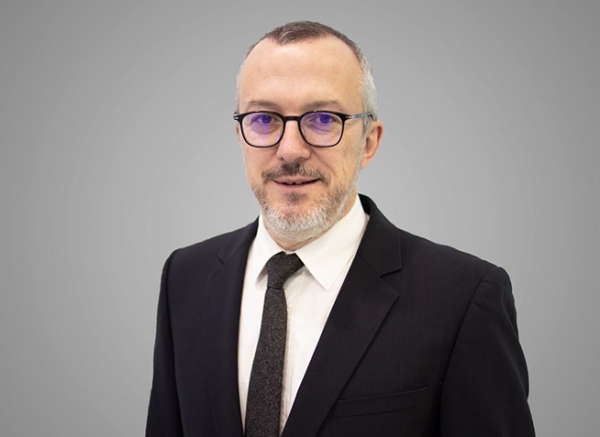
His research focuses on the synthesis and characterization of nanostructured materials for electrochemical energy storage sources, including electrochemical capacitors and Li-ion batteries. He is former director of the Alistore European Research Institute (www.alistore.eu) focused on Li-ion battery research and Deputy Director of the French network on Electrochemical Energy Storage (RS2E, www.energie-rs2e.com).
Patrice Simon is member of the French Academy of Sciences (2019), French Academy of technologies (2018), Senior Member of the Institut Universitaire de France (2017). He received several awards for his scientific contribution including an Advanced Grant from the European Research Council (1012), the Silver Medal from the CNRS (2015), Conway Prize in Electrochemistry from ISE (2018), Grand Prix Pierre Süe from the French Society of Chemistry (2019). He is Fellow of the International Society of Electrochemistry (2017).
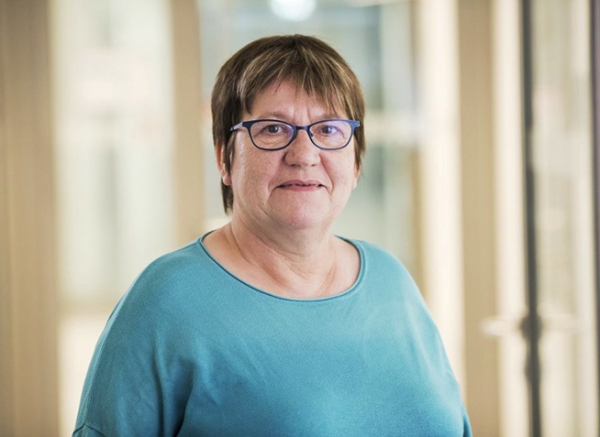
She studied chemistry at the University of Bonn, where she received her diploma in 1984. She made her doctoral thesis in the field of electro catalysis at the University of Witten-Herdecke and received her PhD in Chemistry in 1989.
She started her work at ZSW in 1990 and worked as project leader for various National and Industrial founded projects in the field of new energy technologies and new materials for energy storage systems.
Since 1995 she is leading the Department of Accumulators Materials Research at ZSW. The research work is integrated in an international network of universities, industrial and institutional co-operations. The group has a high level of expertise in the field of synthesis and characterization of novel battery materials as well as in electrode processing techniques and cell evaluation and analysis.
In addition, since 2011 she is PI (Principal Investigator) of Materials II (composite/hybride materials) group at the Helmholtz Institute Ulm – Electrochemical Energy Storage (HIU). She is member of the board of directors group at the HIU.

If you want to know the latest trends in energy storage and new developments in research, subscribe.

If you want to join a top-level team, collaborate with specialists in multiple disciplines or tell us about your concerns, don't think twice...